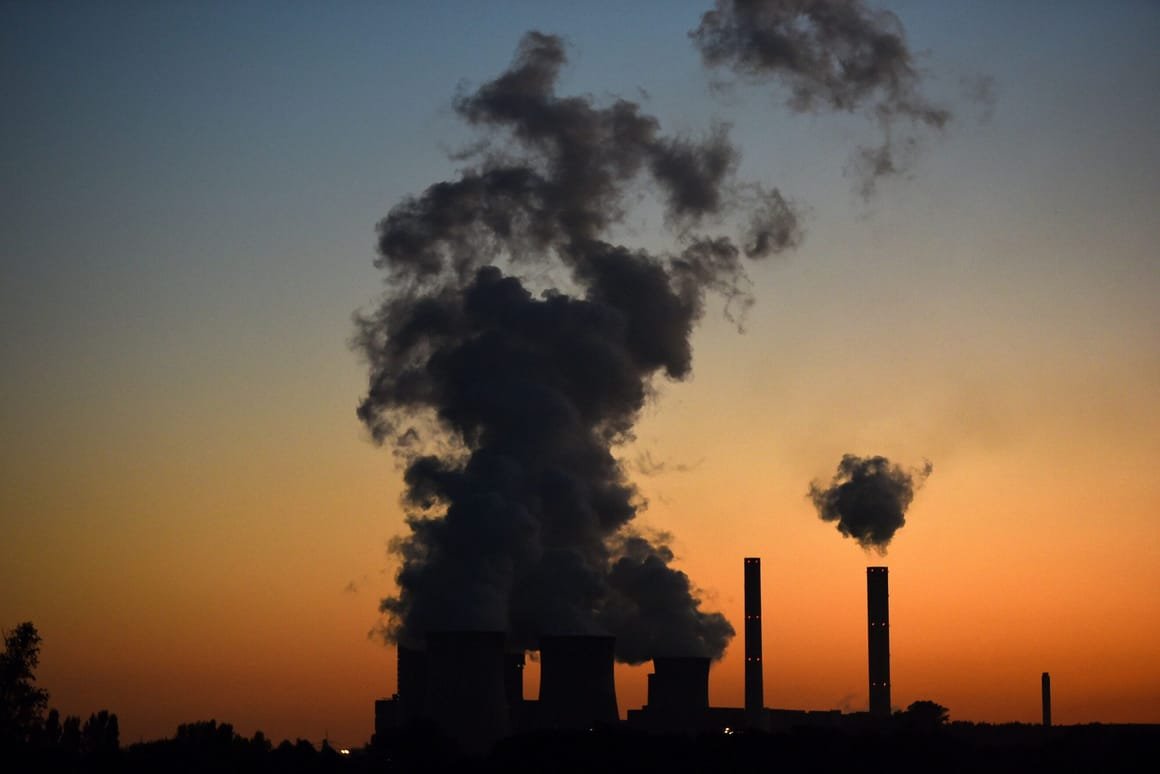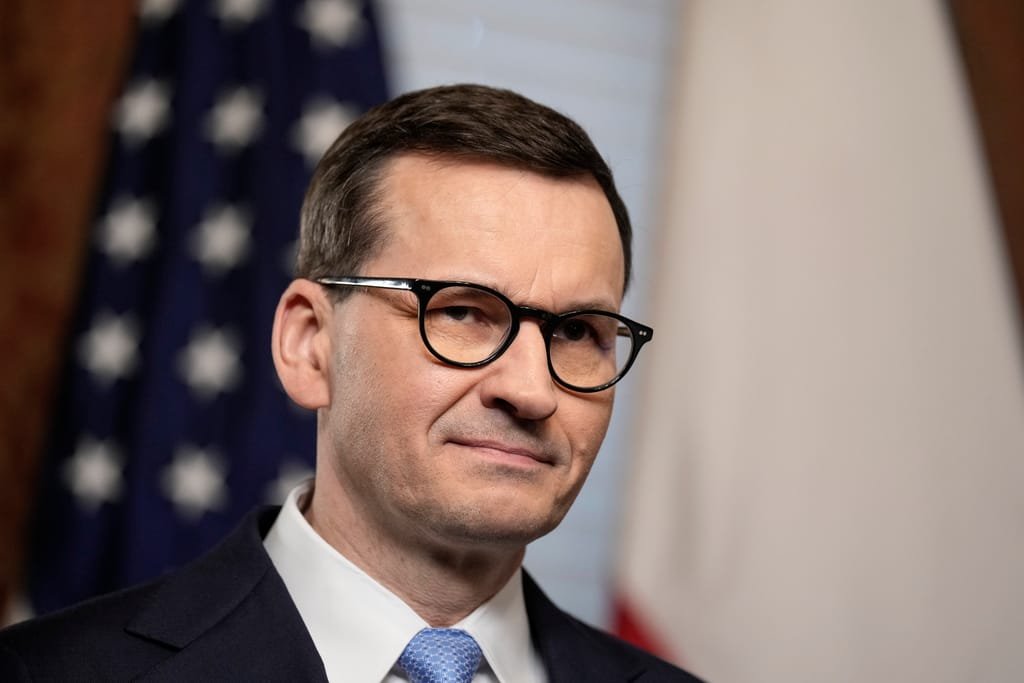Paris doesn’t think the Clean Industrial Deal is ambitious enough.

France on Thursday criticized the European Commission’s plans to save Europe’s dying industrial sector as unsatisfactory even if they serve as a good starting point.
« We need a confidence boost, not homeopathic remedies, to reassure manufacturers and convince them to invest and hire, » French Industry and Energy Minister Marc Ferracci told French daily Les Echos.
Ferraci’s comments were published fewer than 24 hours after Commission President Ursula von der Leyen unveiled the European Union’s Clean Industrial Deal, which will put €100 billion toward short-term relief to supercharge climate-friendly manufacturing in the bloc, and an omnibus package that pares back corporate green rules criticized by industry and member countries like France as excessive red tape.
Fabrice Le Saché, the vice president of France’s major business lobby Medef, said the signal Brussels sent was not strong enough.
“We were expecting more, in a stronger way, faster, » he said, noting that the €100 billion investment is a lot less than what former European Central Bank chief Mario Draghi had recommended.
France has for years called for these types of measures. While the French government has said it believes Brussels is going in the right direction, praising new « Buy European » rules and support for nuclear energy, it also said the Commission needs to pick up speed.
Ferracci even threatened to ignore the EU’s emission-reduction target (a 90 percent cut by 2040) if the Commission doesn’t come up with a more ambitious plan.
“We want to go faster, we want to deliver faster,” said a French industry ministry official, who was granted anonymity to speak candidly about the Clean Industrial Deal.
Paris is particularly concerned about Brussels moving too slowly to save Europe’s imperiled steel sector, which has warned that firms will face irreversible decline without help this year. The industry is already reeling after U.S. President Donald Trump promised 25 percent tariffs on steel imports, which could divert Asian excess production to the European market.
Ferracci met in person Thursday with Italian and Spanish counterparts in person and several others remotely to discuss the issue. In a joint declaration published later on Thursday, those three countries plus Belgium, Luxembourg, Romania and Slovakia said they would push to reform the EU’s carbon border levy (CBAM) « as soon as possible » to protect the bloc’s struggling steel industry against Asian rivals. Paris in particular wants to widen the scope of the carbon border levy to also include finished products and not just materials such as steel, iron and cement, as is now the case.
Brussels had proposed to delay the entry into force of several CBAM measures by one year as part of the omnibus simplification package — a decision the French industry minister quoted above called « disappointing. »
The seven countries also want the Commission to increasingly use its trade defense arsenal to protect the local industry against massive imports of Asian steel.
Europe already has in place import quotas for steel to protect its local industry, but Ferracci told reporters that those are « too low » after his Thursday meeting.
« There is too much steel, especially coming from China and massively subsidized, entering Europe, » he said.
Von der Leyen will push forward with the issue at a March 4 strategic dialogue meeting with the steel industry.



